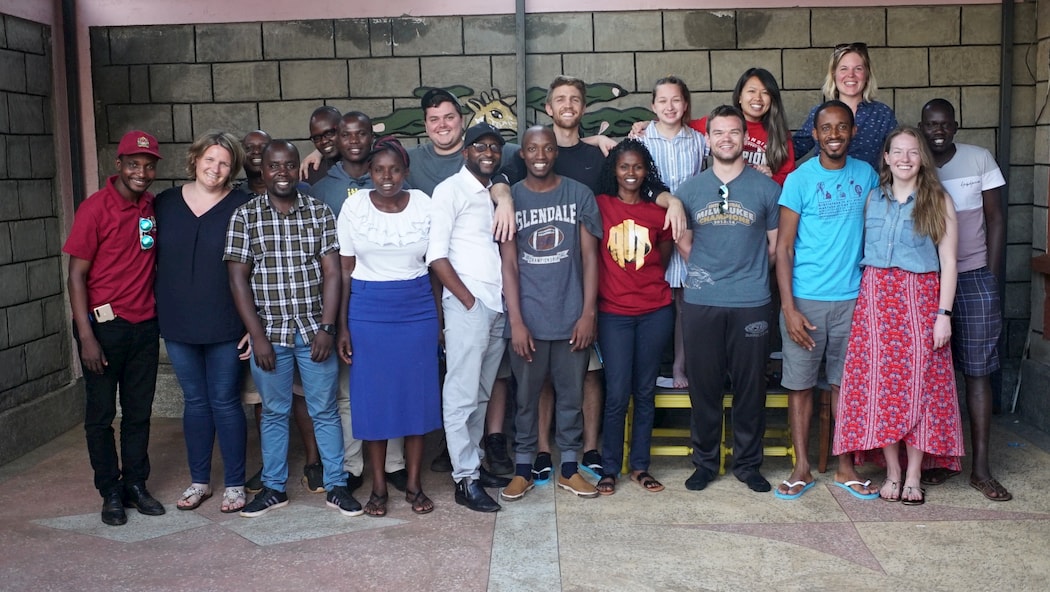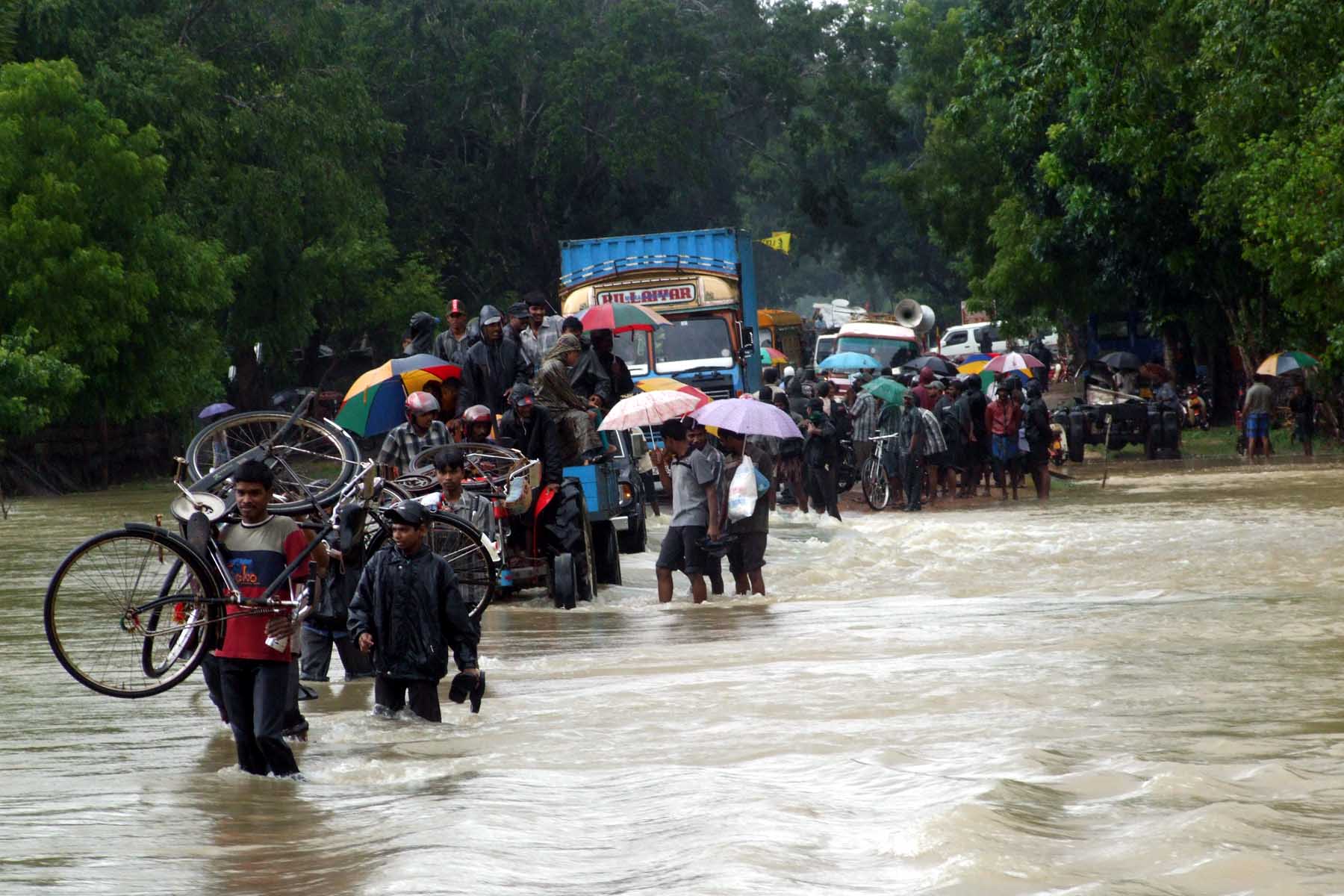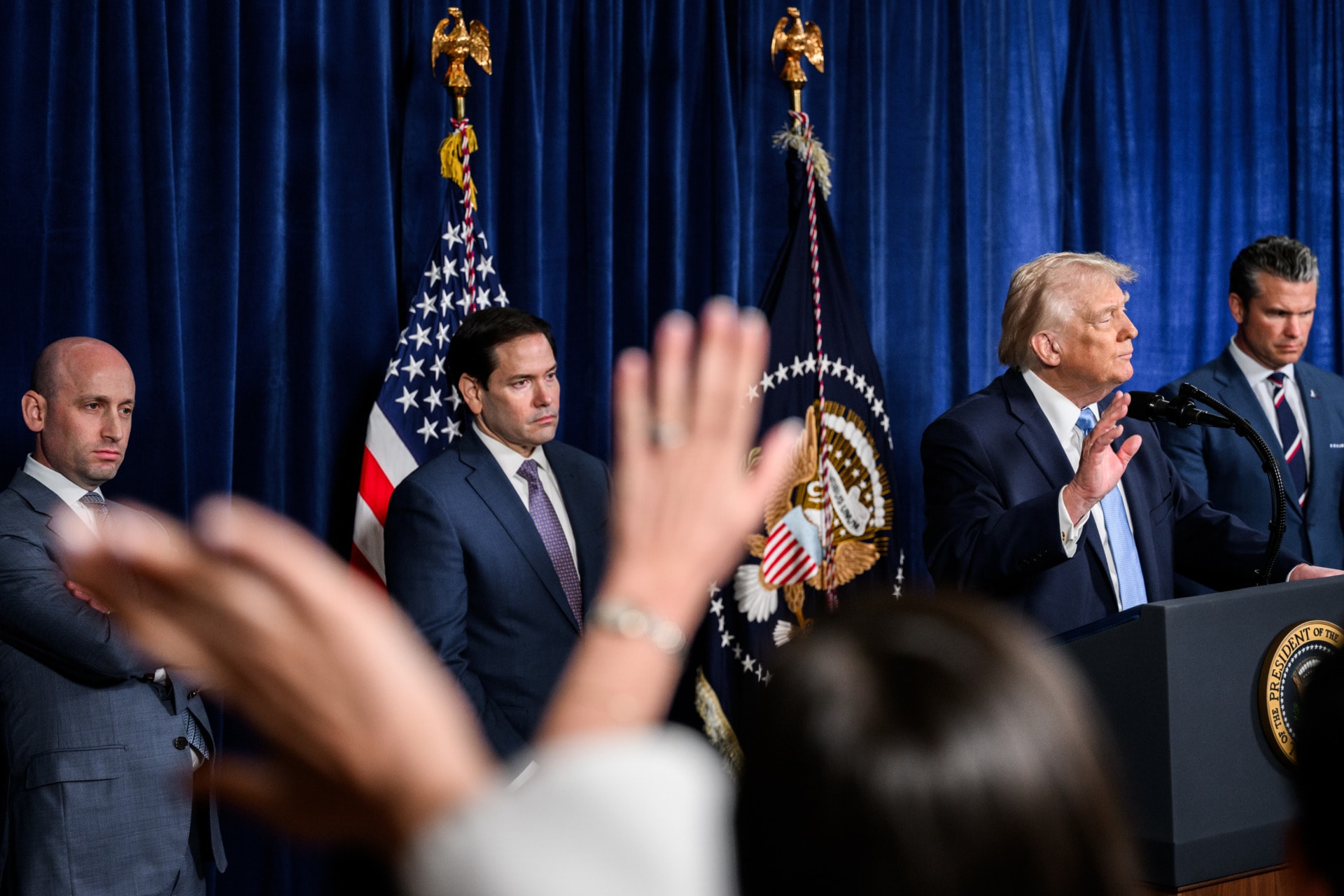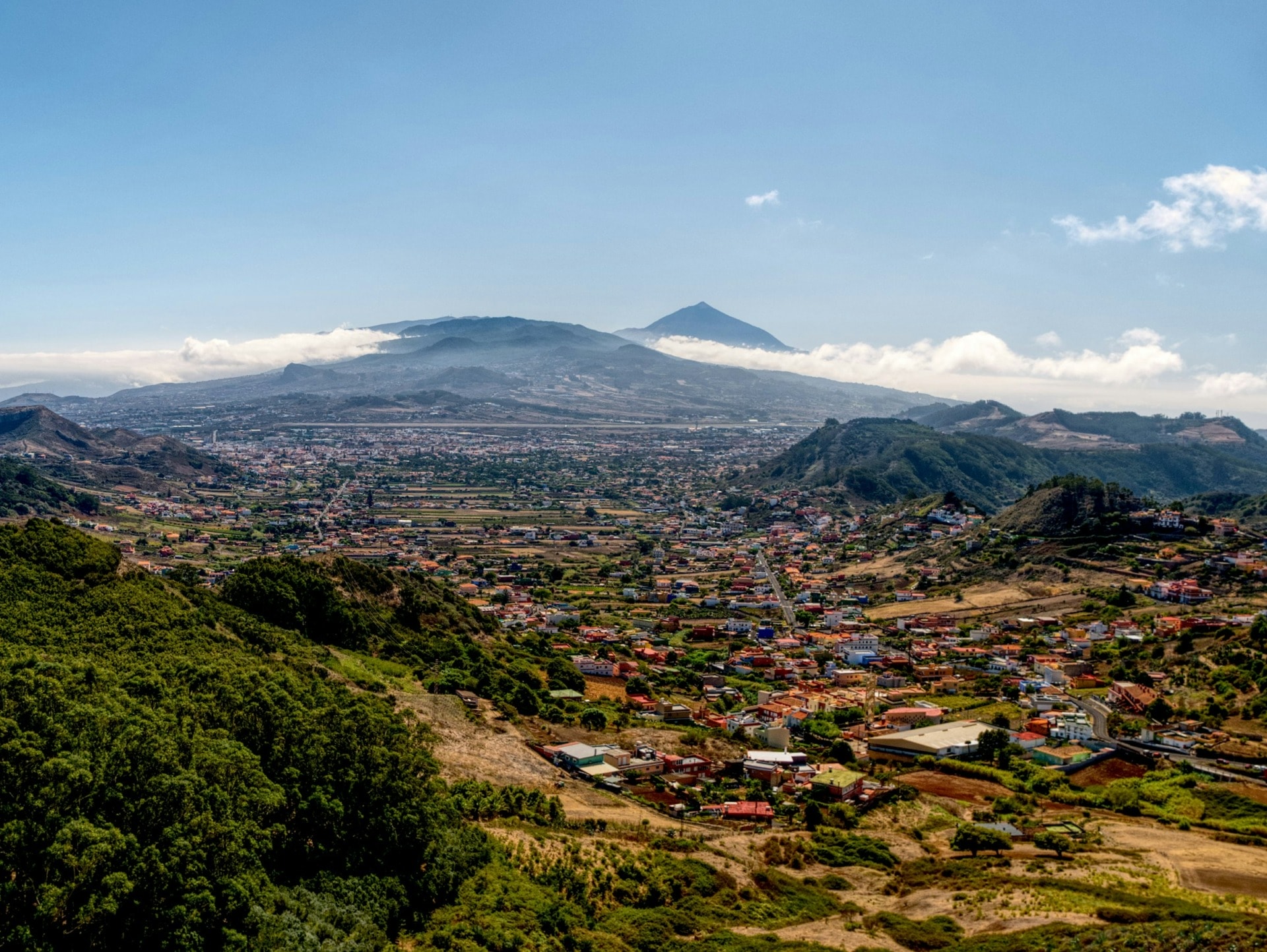In Uganda, when someone starts a family, they plant a mango tree. Therefore, each family has an excess supply of Mangoes, but there is no market to sell them to. This causes a high level of food waste, a growing problem throughout the world. Agricycle is a company that is connecting these rural farmers (co-operatives), and others throughout Sub-Saharan Africa, with the US market by providing dehydrators to their co-operatives and then buying the dehydrated fruit for a much fairer price than they would get in the local market.
This is just one of their sustainable brands, Jali Fruit, I spoke to Claire Friona, Co-Founder of Agricycle to find out a little more about this sustainable startup.

What is the Ethos of Agricycle?
Claire Friona: Agricycle, as a whole, has a focus on people, planet, and product. The main goal of Agricycle is to try and eradicate extreme world poverty in our time through multiple different approaches. One of the main methods is the empowerment of women.
Statistically, when you give money to the woman in the family, that money is more likely to go to the children which is the best way to lift an entire generation and an entire population out of poverty.
Another of our methods is focusing on food loss. Food loss is a naturally abundant resource that has no current value for our farmers so we put a value on food loss which allows us to pay our farmers a fairer wage than they would otherwise make.
Reducing Food waste has been listed by Project Drawdown as the most effective way to reverse climate change because if food waste was a country it would be the third-largest producer of Methane gas in the world.
With Jali Fruit, we are also reducing food waste, as we are taking fruit (from Africa) that would otherwise go to waste, dehydrating it, and selling it where there is a larger market (the US). We have also recently launched a product called Tropicoal Ignition which uses the shells of coconuts in order to make charcoal.
This will have a large environmental impact also as it will help to combat deforestation in multiple ways. The obvious being fewer trees will need to be cut down for charcoal, but also if we can show that we are using the coconut trees then we can stop them being cut down because we have given value to that coconut tree. We currently have a team member working out exactly how to calculate the environmental impact this will have.
Related Articles: The BCorp Tackling Fast Food With Sustainability | Reforestation: The New Norm | Changing the Future of the Automotive Industry With TH₂ Motors | Glowee: Lighting Up The Future| To Get To Net Zero By 2050, We Must Scale Up Carbon Removal | How To Reduce Food Waste
What inspired you to get involved in such a project?
C.F. : I started as an engineering student and my outlook was that engineering and tech had the ability to solve these huge global problems with simple solutions.
We at Agricycle are using a passive solar dehydrator: it works off the heat of the sun, then hot air rises which dries out the fruit. This is not a complex feat of engineering, but it is being used in an innovative way which is making an impact on people’s lives.
Since then my interest has grown and I have followed my passion to fight the injustices of the world in whatever way I can. This is a feeling shared by our whole team and it is what keeps pushing us to innovate new ways of helping those who are not as fortunate in their circumstances as ourselves. We are striving to fight the global opportunity gap in any way we can.

How are you going about raising funds?
C.F.: To start with we were largely bootstrapped, I paid for a lot of my own flights and our Founder Josh paid for a lot of the startup costs out of his savings. A useful way for us to raise money was through Kiva Loan, which is essentially a crowd-sourced loan, they do a lot of work with small businesses in Africa. We have also done a lot of pitch competitions to raise money.
In the last year, we raised a seed round of $1.5million which has really helped to kick- start a lot of things. It allowed us to really launch the brand and to hire our employees. It is something that we are looking to do again in the near future; however, we are a for-profit company so in the end, the goal is to be making enough money to cover those costs ourselves.
How is the current COVID-19 pandemic affecting your supply chain?
C.F.: We are lucky that we are an inherently remote company anyway, so we are still able to carry out our business, but as with all companies with a multinational supply chain we have had some issues and delays related to the COVID pandemic.
We are following all social distancing measures and ensuring that our co-operatives are meeting food safety standards. A big impact this is having is that our community development officers (CDOs) haven’t actually been able to go to the co-operatives in person but in some ways, this has given us a good chance to experiment with more effective long term solutions such as communicating with our co-operatives via text message.
Our biggest issue is the shipping, as Kenya has very strict lockdown restrictions. Although we are able to get our product on the boats, there are significant delays to ships leaving the port. In terms of getting dehydrators into the country, our latest batch of dehydrators has recently passed through customs and we are just negotiating a safe way of distributing these to our co-operatives whilst maintaining social distancing protocols.
Finally, what does the future hold for Agricycle?
C.F.: We are looking to scale up the company, we are currently looking to solidify the products we already have through ad spends and increasing inventory. Then once we have achieved this, we will be looking to introduce new brands using other sustainable sources such as invasive species and we have talked about using bamboo as a construction material. The opportunities really are endless, and the idea is to use as many sustainable sources as we can to produce innovative products that have a social impact as well as an environmental one.
Editor’s Note: The opinions expressed here by Impakter.com contributors are their own, not those of Impakter.com















